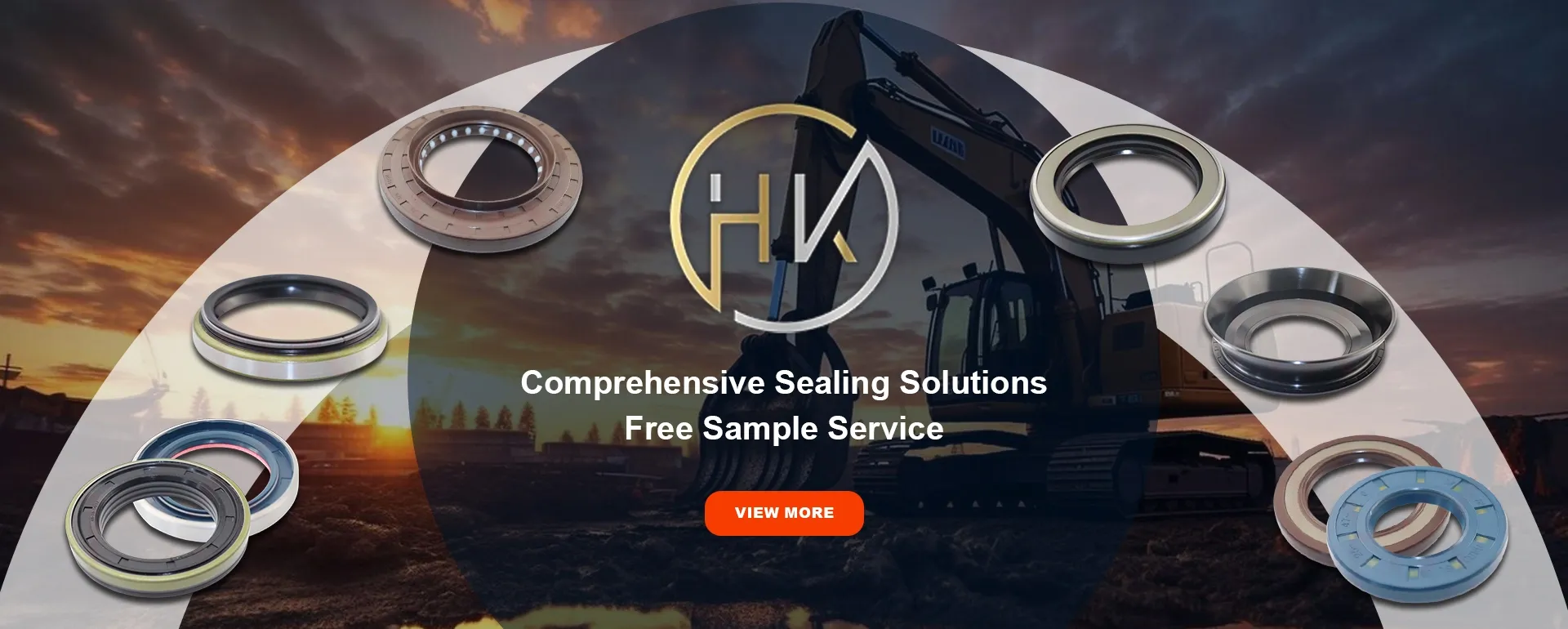Oct . 03, 2024 04:01 Back to list
Understanding the Importance and Function of Oil Seals in Mechanical Applications
The Importance of Oil Seals in Machinery
Oil seals, also known as fluid seals or grease seals, are essential components in various machinery and equipment. They play a crucial role in preventing the leakage of lubricants and protecting internal components from contaminants such as dirt, dust, and moisture. This not only ensures the longevity of the machinery but also enhances overall efficiency.
One of the primary functions of oil seals is to retain lubricants within a machinery system. These seals are designed to fit tightly between stationary and moving parts, effectively creating a barrier that keeps oil or grease from leaking out. This is particularly vital in rotating equipment, such as engines, pumps, and gearboxes, where the presence of lubricants is critical for reducing friction and wear on moving parts. Without effective oil seals, machinery would experience increased friction, leading to overheating, rapid wear, and ultimately, mechanical failure.
Oil seals are typically made from various materials, including rubber, silicone, and thermoplastics, each chosen for their specific properties and the demands of the application. For instance, in high-temperature environments, seals made from high-performance materials like fluorocarbon rubber are preferred due to their ability to withstand extreme conditions without degrading. Furthermore, the design of oil seals can vary widely, with options such as single-lip or double-lip configurations, each tailored for different operational requirements.
oil seal

Besides their functional role, oil seals also contribute to environmental sustainability by minimizing the risk of oil spills and emissions. By effectively containing lubricants, these seals help reduce waste and prevent pollution, making them an essential component for industries striving to adhere to environmental regulations.
Regular maintenance and inspection of oil seals are crucial for ensuring their longevity and effectiveness. Over time, seals can wear out, become brittle, or develop cracks, leading to leaks. Therefore, it is advisable to monitor the condition of oil seals and replace them as part of routine machinery maintenance.
In conclusion, oil seals are small yet vital components that significantly impact the performance and reliability of various machinery systems. By containing lubricants and protecting against contaminants, oil seals ensure efficient operation while contributing to sustainability efforts. Investing in high-quality oil seals and maintaining them properly is a wise decision for industries that rely heavily on machinery for their operations.
-
TCN Oil Seal Metal Ring Reinforcement for Heavy Machinery
NewsJul.25,2025
-
Rotary Lip Seal Spring-Loaded Design for High-Speed Applications
NewsJul.25,2025
-
Hydraulic Cylinder Seals Polyurethane Material for High-Impact Jobs
NewsJul.25,2025
-
High Pressure Oil Seal Polyurethane Coating Wear Resistance
NewsJul.25,2025
-
Dust Proof Seal Double Lip Design for Construction Equipment
NewsJul.25,2025
-
Hub Seal Polyurethane Wear Resistance in Agricultural Vehicles
NewsJul.25,2025
-
The Trans-formative Journey of Wheel Hub Oil Seals
NewsJun.06,2025
Products categories
















